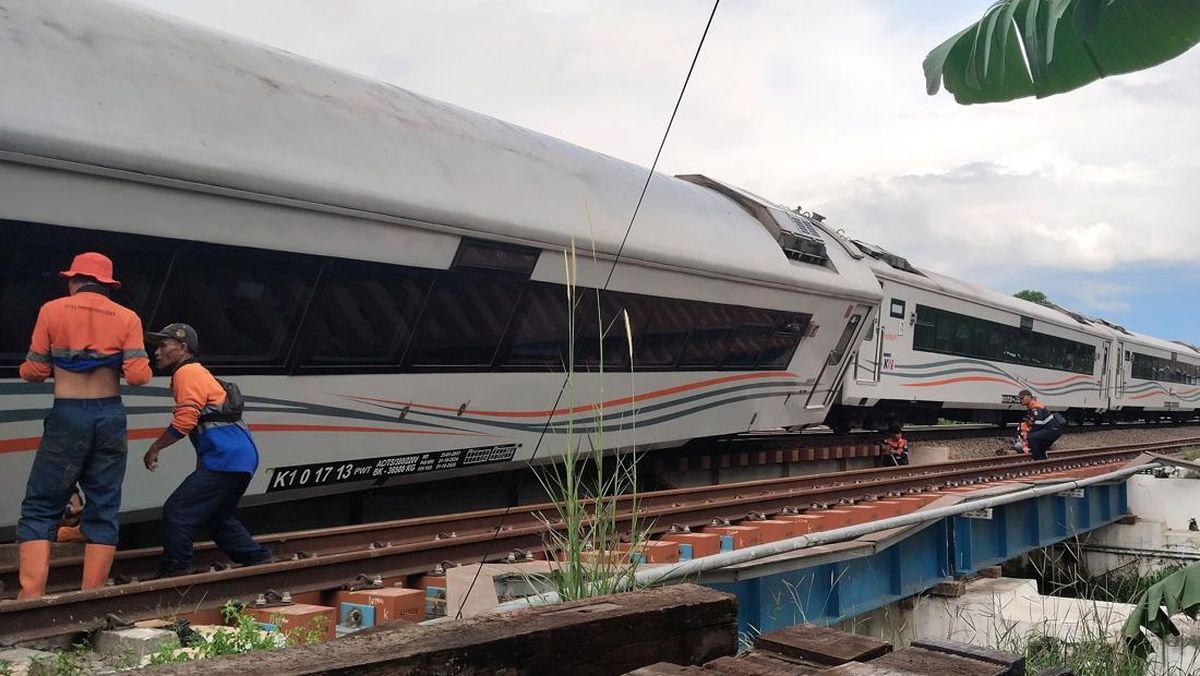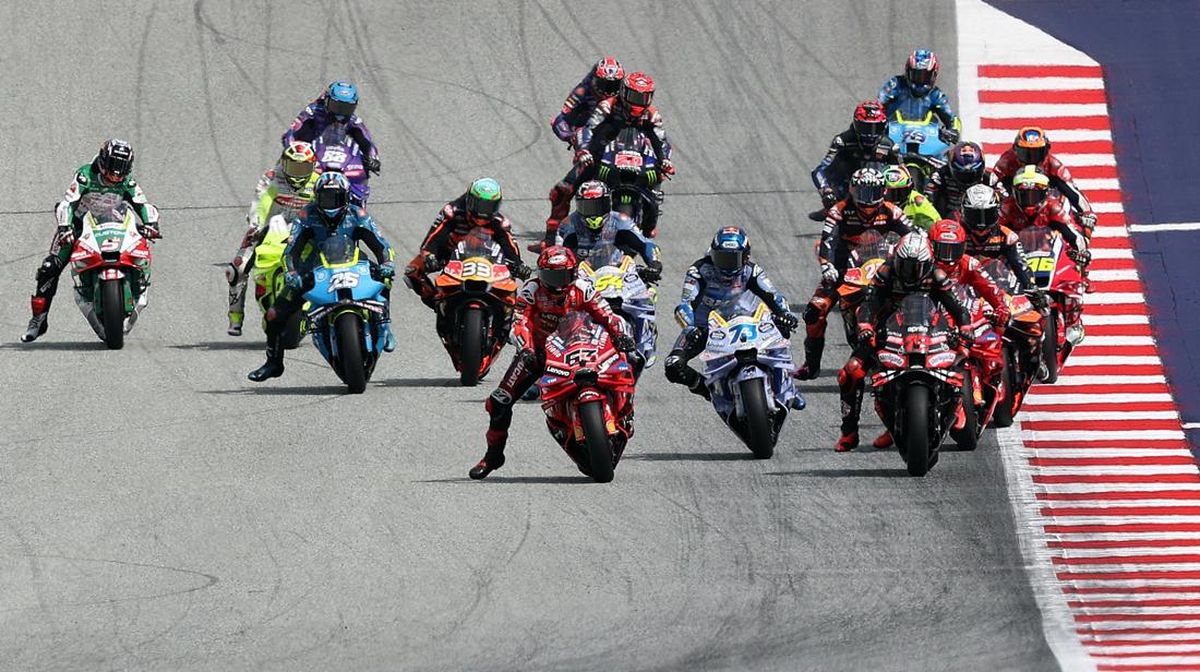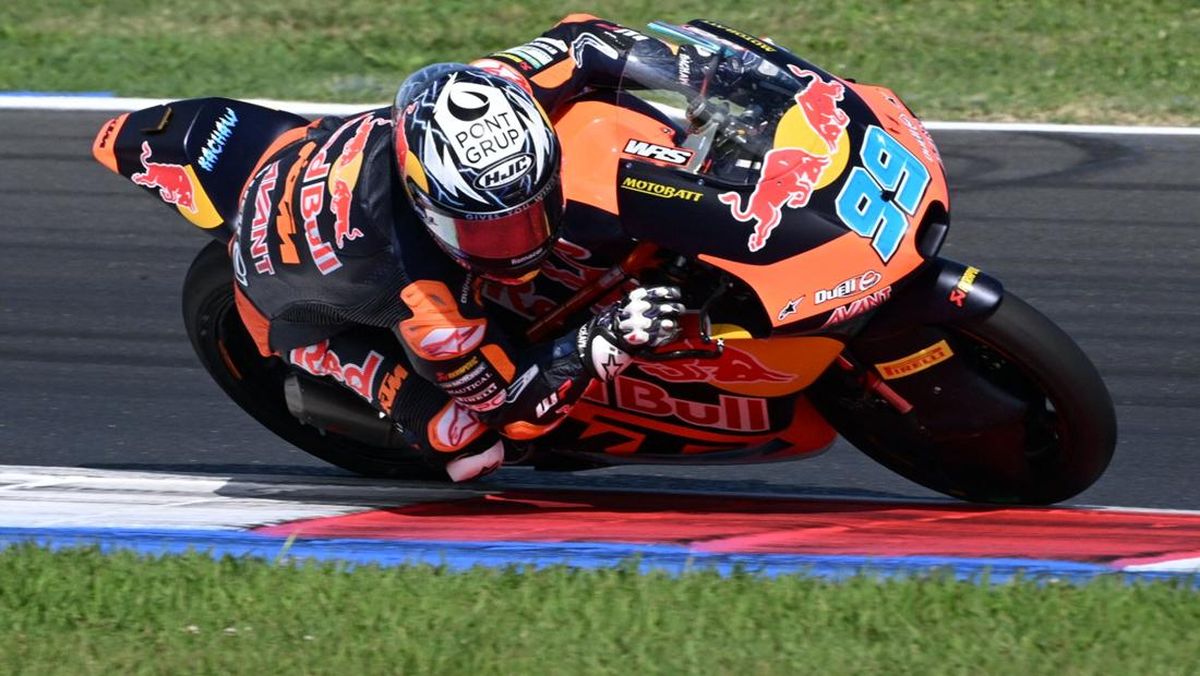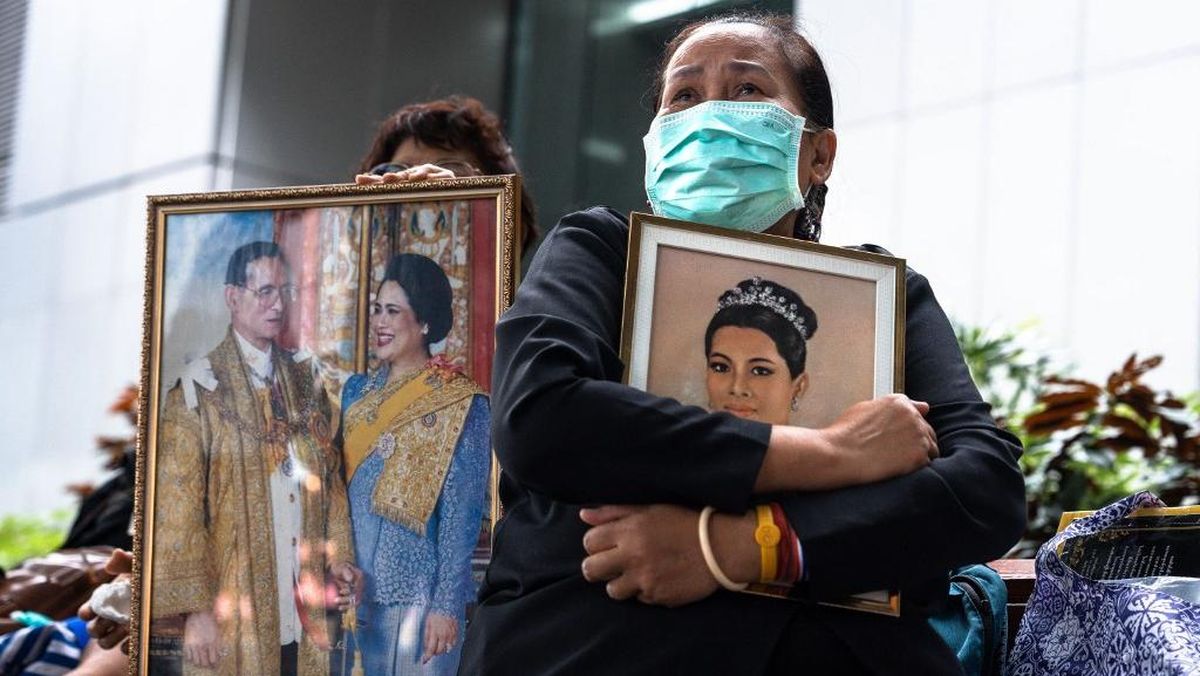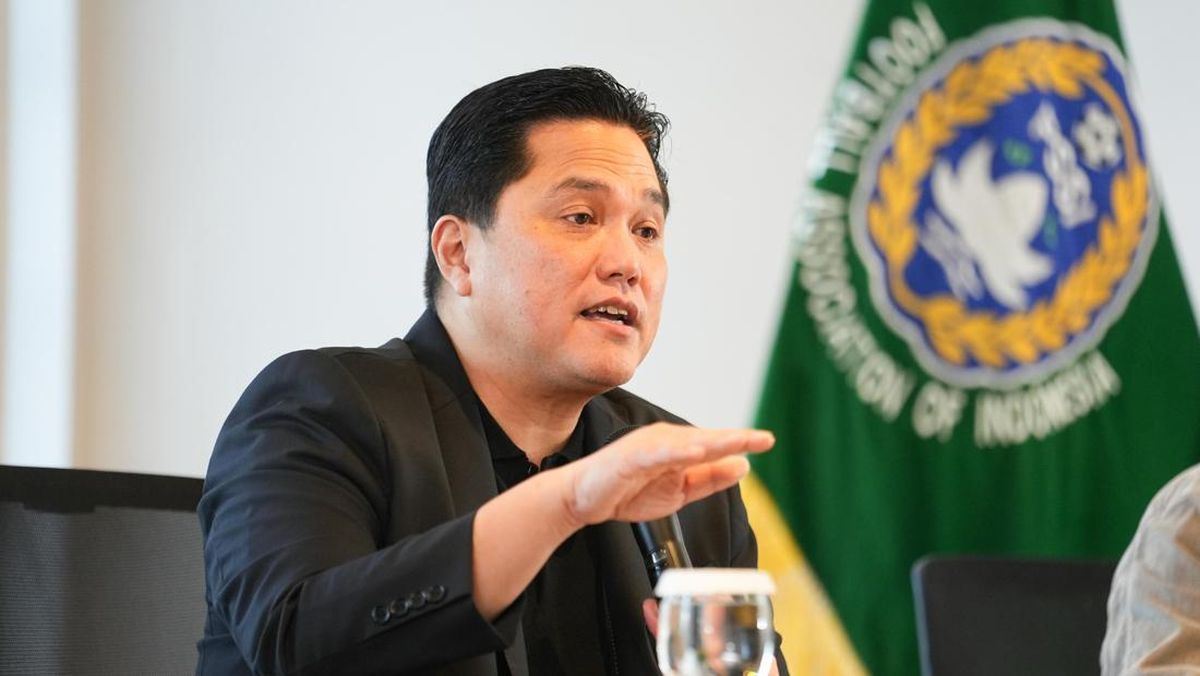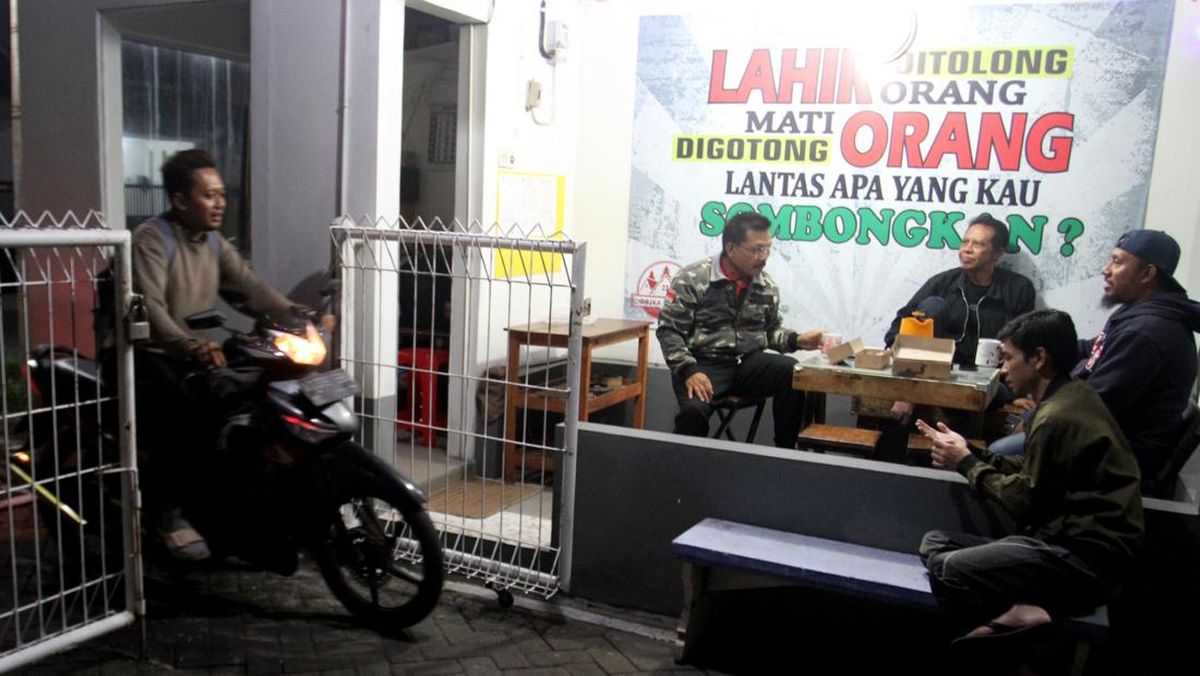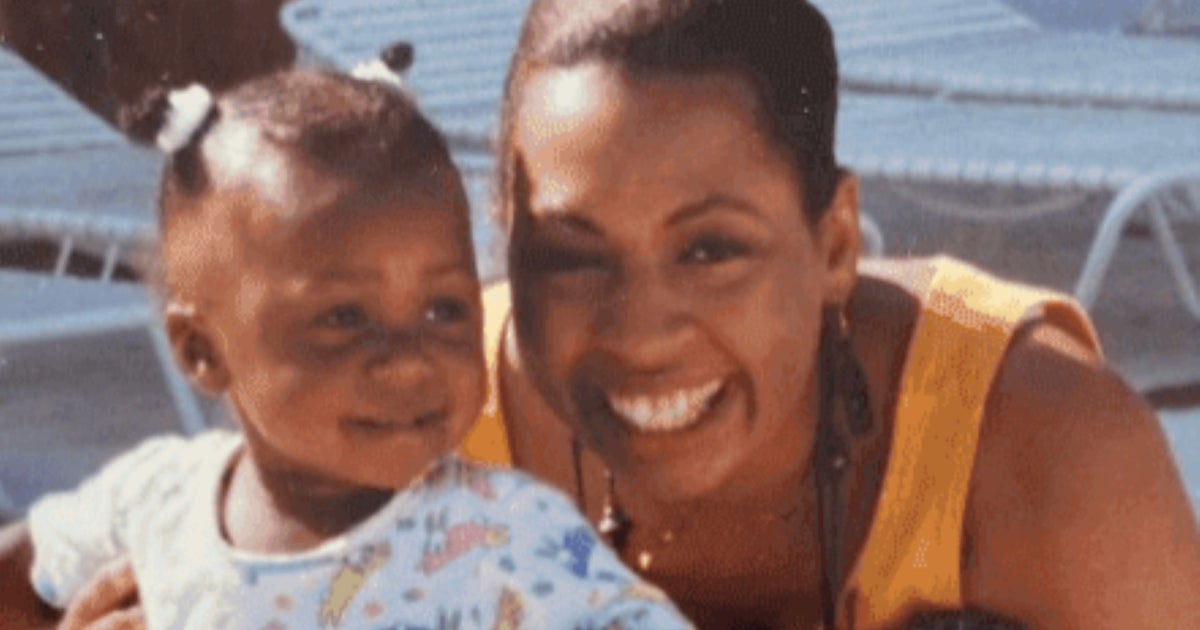Sometimes, when the conditions are just right as you wake in the dawn, you can smell the familiar jungle perfumes of “cinnamon, chocolate ... clematis”, that distinct odour made by dew on dry bamboo that takes you back home as it is a dead ringer for the glorious way you remember the Australian bush smells, back in the days when you ne’er had the brains to appreciate it.
And always, as ever, your reverie is shattered by reveille, at least the God-awful Japanese version of it.
By now Dunlop Force has moved into a regular rhythm: dawn, reveille, Japanese roll call, breakfast of rice pap, trek, work, work, work, yasume, work, work, work, trek, eat, sleep, dawn. Add lots of water from endless rain, rinse and repeat, all of it interspersed with regular beatings.
The threat of a rifle butt across your head looms large. For no reason at all, wire whips lash into backs and draw blood. Some guards creep up on you and strike the open tropical ulcers on your legs with a bamboo stick, causing intense agony.
Look, just getting to and from the worksite is not just persistently painful in its physical challenges, but deadly dangerous. When it is raining, making it slippery beyond belief, you must concentrate fiercely just to avoid slipping into the abyss.
The work is brutal, unrelenting and devastating to the health of the Australians. The worst of it is that the Japanese overseers continue to push even the sickest of them to work, with one of Weary Dunlop’s key responsibilities being to care for the sick, and push back against the Japanese demands.

Violence from the Japanese guards was ever present working on the railway.Credit: Jack Chalker/AWM
March 22, 1943, Hintok, shot in the light
Again, all “light sick” men are conscripted by Japanese officers to work today. Weary puts his foot down; they are ill and they are staying within camp. If they must work, it will be on sanitation or antimalaria measures, that is all. A huge row breaks out and Weary and his sick men are marched over to No. 1 to say it again, pausing only to mentally note No. 1’s visage, “his nasty face now set like a ham and lower lip stuck out (the spoilt child touch).”
What is the objection? They do not understand, so Weary states it loud and plain. “I object strongly to sending sick men to work.”

Weary Dunlop, right, just after the war.Credit: Australian War Museum
Simple enough? Oh yes, on the orders of Doctor Death, rifles are now trained on Doctor Dunlop as they wait for him to change his diagnosis. Doctor Death is certain that Doctor Dunlop might like to reconsider? The men watch fascinated as this uneven duel in the sun plays out. No dice.
“You can shoot me,” says Weary. “But then my second in command is as tough a man as me and, after him, you will have to shoot them all. Then you will have no workmen.”
Weary cannot resist following up, to note that if Doctor Death won’t hang his head in shame, he has something else in mind, something he is working on. “In any case, I have taken steps to one day have you hanged, for you are a black-hearted bastard.”
Of course, the said bastard bites back in black-hearted fashion, barking: “You can stay here as long as you like! You will get no food or water and the sick will do the work.”
Who else but the guard known by them all as “the Lizard” is summoned to perform this task, and angrily round up and force out the 46 sick men, as Weary glares at him.
Sergeant Oliver? Would you care to act as interpreter? Weary would like to also be extremely clear while he insults the Lizard. “After making us administrative officers you do not accept our decisions on the men’s health, and therefore you can go to hell and run the camp yourself.”

A bridge north of Hintok, built by the prisoners.Credit: Unknown
Did you get all that? Because there is more. “You’re a lot of murderers and,” Weary points at a cross stuck in the ground. “That is the fate for all of us! If the sick men are driven to work, everyone down shovels!”
The Lizard does not react well as the strike concept is explained to him. In fact, he is thrown into a “severe rage”. “He raved at the men as if working himself into a passion to hit me (but I bet he never could if I was looking at him).”
The Lizard runs out of puff, finishing with a final yell. “Send the troops off to work in camp.”
That is all Weary wanted – the sick men can work in the camp, but not have to go to the hellish hot horror of the Hintok Cutting.
So, after all this sturm und drang, they end where they began. Weary himself heads out to the railway to see the usual horrors, including men being injured by spitting drill bits that break off in this impossible rock, but finds himself uplifted.
“The Australian resilience is startling; the men are extremely cheerful and emphatic the Ns will never get them down and they will be square one day.”
But not today. Today is a day for Weary to aggressively tell the Japanese overseers that some of these men are “too sick to work”, yes indeed, “Takusan byoki, very sick!”

A memorial at Hellfire Pass on the route of Thai-Burma railway. Credit: Alamy
For the most part, Weary really can get away with taking such a tone as this, as even men this vicious recognise the unspoken truth: without ichi ban doctor Dunroppo, they will lose an untold number of workers. They can severely bash and even kill the common POWs with impunity, but might have a case to answer with this one.
Nevertheless, on this occasion, the way Weary has spoken to the glowering Japanese draws such a furious response from one of them that the mortally offended officer shouts for a log. And make it a big one!
“He stood on the log and began whacking Weary across the face with his fist,” one of the POWs will recount. “It was the only way he could have reached him. Of course, Weary had been a boxer and was rolling with the punches.”
Back in the day, at Melbourne University, Weary had famously held his own, sparring with “Young Stribling”, who only a few years before had been a contender for the Heavyweight Championship of the World. Compared with Strib’s hammer blows, the Japanese man is hitting him with a series of ill-aimed powder puffs.

Work on the railway was devastating to the health of the POWs.
To be fair, along the Line, not all Japanese guards are like that. On another occasion Weary had so infuriated a Japanese sergeant by not showing sufficient respect to him, and arguing too vigorously that his men were too sick to work, that this servant of the emperor simply charges straight at him with his bayonet thrust forward, only for ...
Only for, as Weary will describe him, “a one-star private, the lowest grade in the army”, to step forward and quietly stand between the thrust bayonet and Dunlop. (Call it all even on the card.) Not only is the private a decent man, but Weary is his specific charge, and not in the sergeant’s group. To Weary’s stunned amazement, and relief, the private’s courage – and the strict Japanese protocol of not crossing the lines of responsibility – has saved him.
It is a welcome relief to have a guard like that. And yet, at another time, when a POW points out a notably kindly guard to one of his mates, saying, “I think that bloke’s not so bad,” the reply is firm. “I think he’s about the pick of them,” his mate drawls, as flat as the Nullarbor. “But I could still split him from head to arsehole with a blunt razor blade.”
An edited extract of The Courageous Life Of Weary Dunlop by Peter FitzSimons, published this week.


